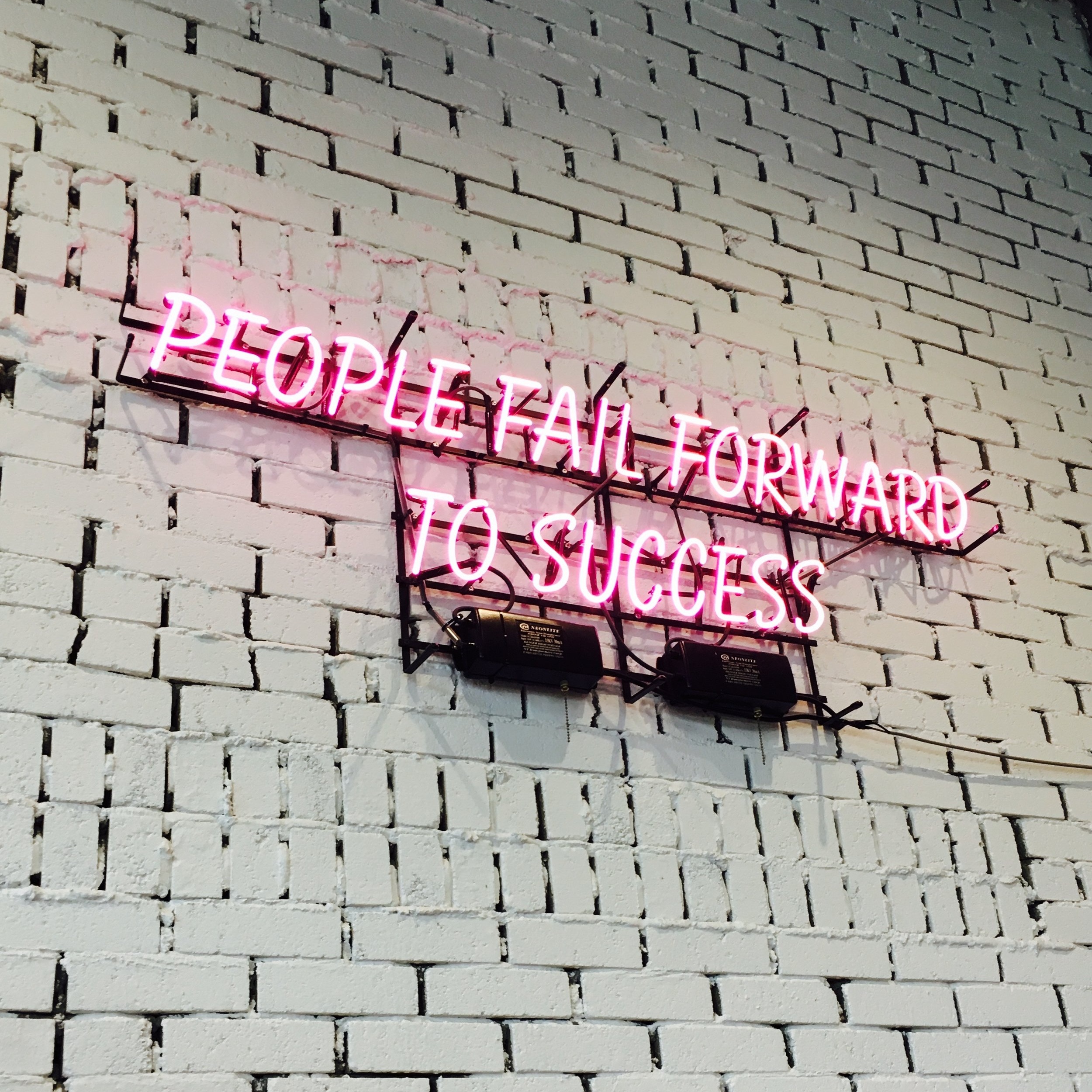Ashamed of all the mistakes you made in active addiction? Be proud of your failure resume. It got you to where you are today.
“Failure is success if we learn from it.”
I spent much of my early sobriety lamenting the mistakes I’d made while I was still drinking and using. Why did it take me so many tries, and failures, to find long-term recovery? Why did I waste so much of my young adulthood inebriated and ungrateful? Did I have to drop out of so many colleges? Couldn’t I have learned more at that first rehab visit, and just made it stick?
Especially in early recovery, coming to terms with our pasts can be overwhelming. And my struggles when finding recovery pale in comparison to those of others I’ve met along the way, who lost their homes or their health to active addiction. Addiction is a deadly disease, and all of us who achieve sobriety understand that we’re lucky to have made it through — opioid overdoses are now killing more Americans than car crashes.
Finding recovery might make us the lucky ones, but it doesn’t mean that we didn’t trip up along the way to get here. I first heard a failure resume mentioned on Gimlet Media’s podcast Without Fail, where blockbuster film producer Nina Jacobson fearlessly laid out being fired and other mishaps she’d had along the way to success in her career. She learned from each failure and owned it as an experience to grow and evolve from, and declared this her failure resume.
If you’re struggling with low self-esteem due to your perceived past failures — or maybe you’re in a current situation you aren’t proud of, and looking to turn it around — write out a failure resume of the experiences and then flip it, to find your power and strength in every situation.
Not sure your life’s biggest let-downs hold any positives? I bet they do. Here are some examples:
Failures make us resilient.
In addiction recovery, owning my own perceived failures has helped me understand that I’ve overcome incredible odds, and that I’m much more resilient and capable than I give myself credit for.
Failures teach us what does and doesn’t work for us.
Each experience I defined as a failure often helped me learn about what did or didn’t work for me in recovery, thus leading me to the long-term recovery I’ve found today. I tried to quit drugs and alcohol several times in my twenties and relapsed. Each time taught me something: Today I know I can’t recover alone, no matter how much I like to isolate. I know I need social support, no matter where I choose to find it. I also know that I can’t be around friends who are regularly using drugs because that leads me back to old behaviors. I only learned these things by trying on different styles of recovery and seeing what worked for me, failing until I got it right.
“Each experience I defined as a failure often helped me learn about what did or didn’t work for me in recovery, thus leading me to the long-term recovery I’ve found today.”
Failures allow us to advocate for others.
As someone who made it through a certain situation, I am now placed into the unique position of being able to help others also facing a similar challenge. Entire support groups are built up around this idea, connecting people with lived experience. Whether or not you choose to belong to a support group, the more you mention you own your failures, the more you’re able to help people walk through their own struggles.
Failures bring freedom.
Denial is never an enjoyable place to live. When we accept our failures, and don’t shy away from them, but take a long and hard look at them, acceptance can brings new freedom to make change. That freedom can bring with it the willingness to try something new next time. It’s only when we accept something isn’t working, that we’ll be able and ready to look for something that will work.
Addiction is a chronic brain disease, we know that now, and are steadily moving away from looking at a struggle with addiction as a moral failure. That means none of our relapses should be regarded as failures — they should be viewed as part of our recovery journey. For me, it’s easy to understand that on an intellectual level but still feel guilt and shame about my past. Regret about the time I wasted, or the money spent, or the friends and family hurt along the way. Addiction, even as a disease, causes harm. That is undeniable. But out of those harms I’ve built a new life in long-term recovery. And out of the failures I’ve collected along the way, of which there have been plenty, I’ve accumulated a lifetime of lessons, wisdom, and strength. And all of that is absolutely resume-worthy.










